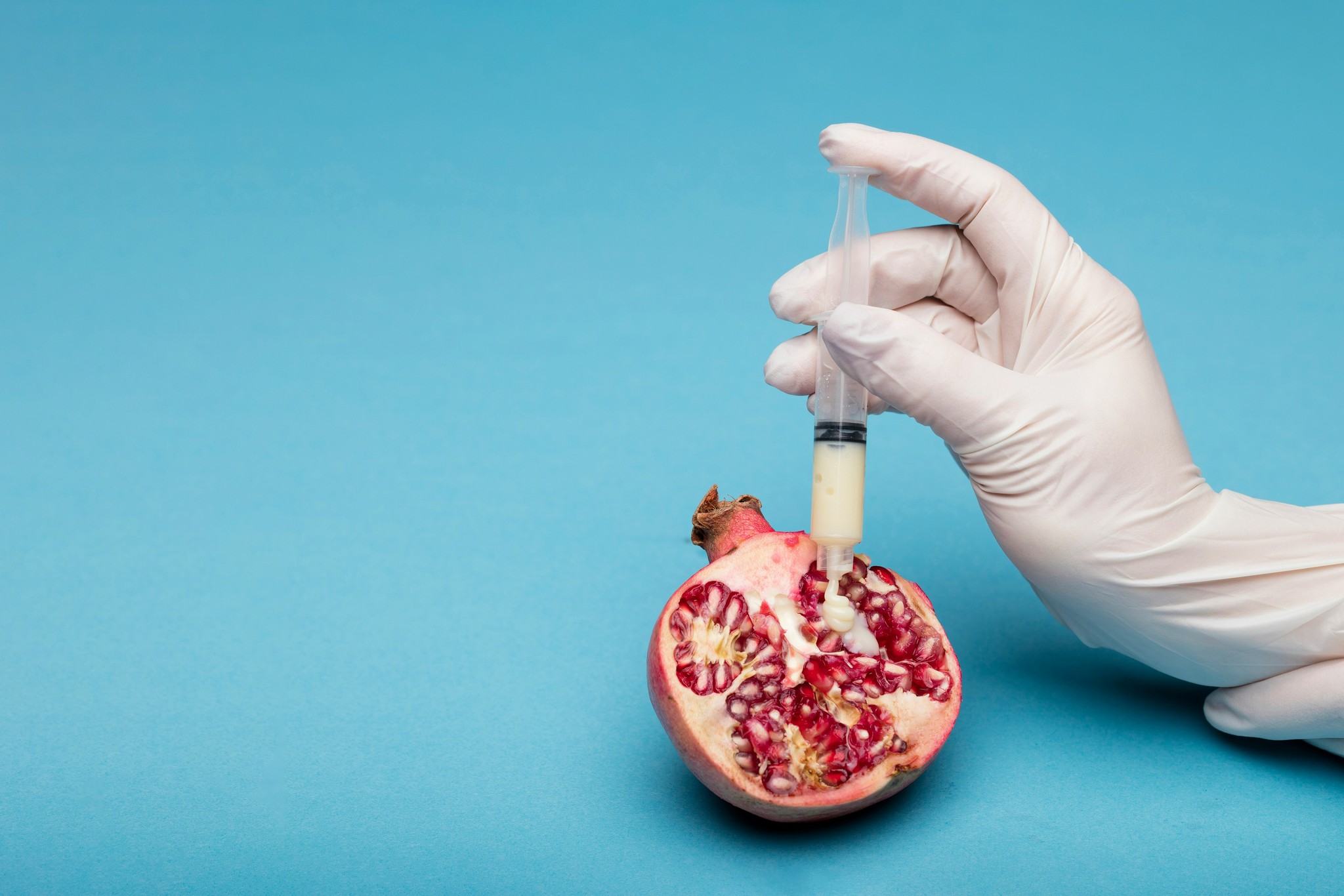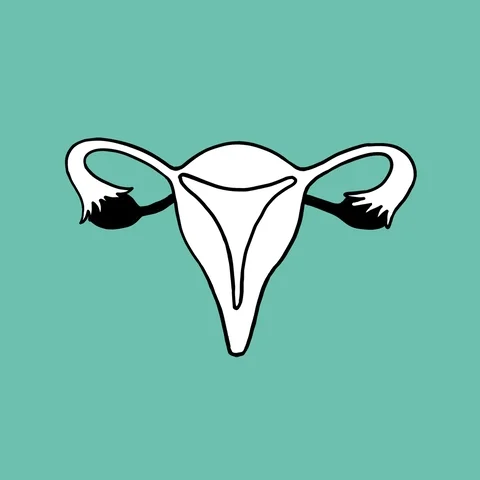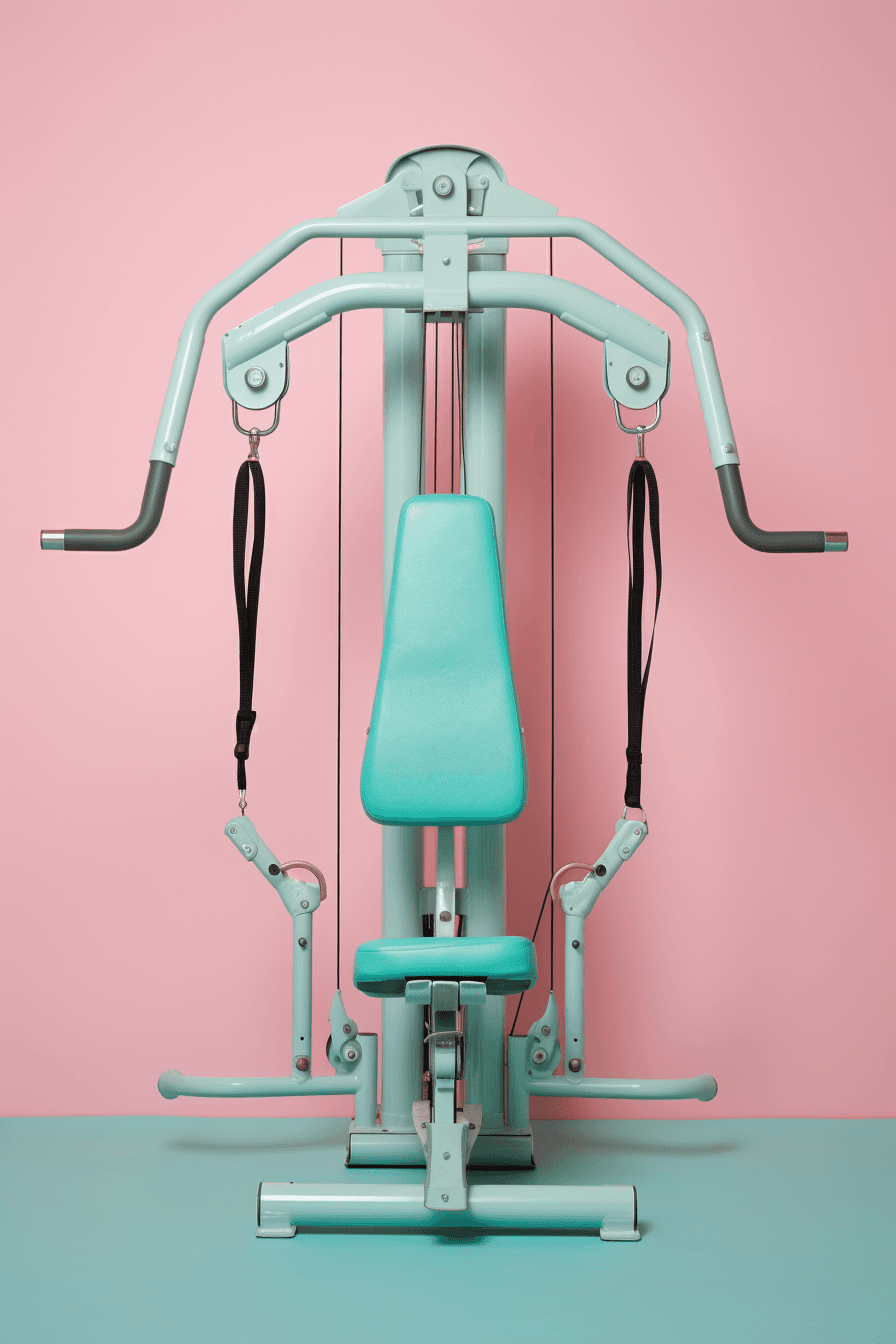6 facts about your little friend
Tabitha Teratoma
This cute creation is by Lucylovebiscuit. Teratoma is another name for this type of cyst. It means "monster" in Greek. Note the teeth and hair on Tabitha! Yep, these aren't uncommon to appear in the dermoid cyst.
Long lost twin?
Well, not quite. You were born with the dermoid cyst and it's been slowly growing with you ever since. Think of it like a glitch in the system when all of your body's cells are figuring out where they need to go.
Pass the scalpel
Your dermoid cyst might need to be surgically removed from your ovary if it's getting too big or causing problems. Speak to your doctor about your options.
A big little problem
The reason dermoid cysts need to be removed is because they can grow so big that they pose a threat to your reproductive system and general health: such as an ovarian torsion.
Body bits
Similar teratomas can also grow in other parts of the body, like the head and neck, the tailbone and in the testes for men. Who says we women get to have all the fun?
Uncommonly common
A 2016 article states that ovarian dermoid cysts account for 70% of all benign ovarian masses affecting females in their reproductive years.
evidence based tools and other resources
👩⚕️ Cognitive Behavioural (CBT) and other 'Talk' Therapy with a registered psychologist
Right now you might be in a time of peak stress, compounded by chronic (ongoing) pelvic pain.
CBT is a type of therapy that's been shown to improve how people suffering from chronic pain feel. It can teach you ways to interrupt unhelpful thoughts and improve your self-talk patterns so that the way you perceive your pain becomes less intense and, as a result, your pain becomes more manageable.
Talk to your doctor about options for accessing a psychologist who offers CBT and other therapies.
🏃♀️ Exercise gives you endorphins. Endorphins make you happy 👯♀️
In most cases, there's no harm in continuing your existing exercise regime while waiting for surgery. Your doctor may advise you to take a break from any jumping movements, high intensity exercise, or horse riding. This is because these jumpy/stop-start movements could put you more at risk for an ovarian torsion which will require emergency surgery.










